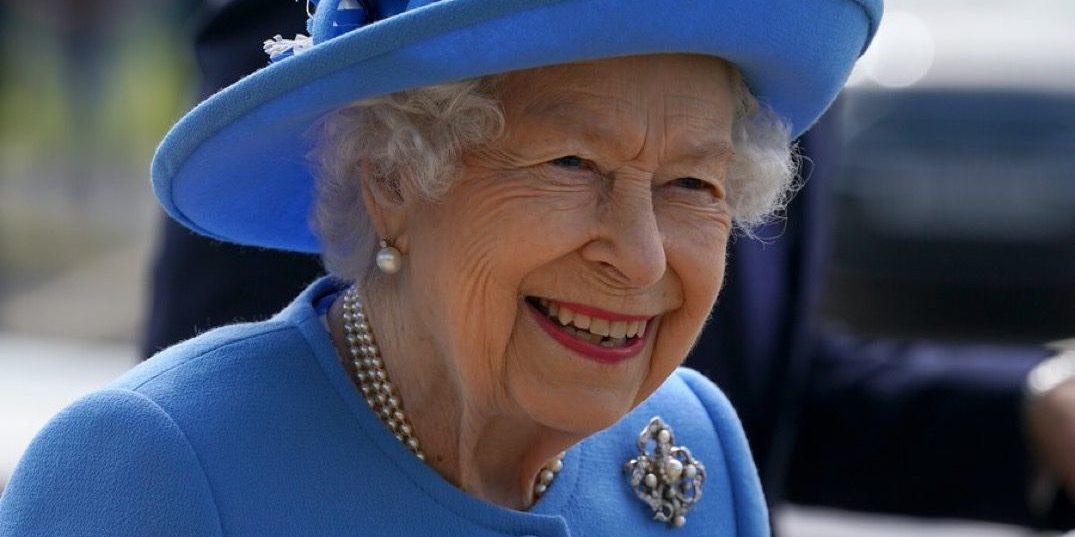Buckingham Palace has announced that Queen Elizabeth II has died. She was 96.
News broke early in the day in Canada on Thursday, September 8 that the Queen was under medical observation and resting comfortably. Members of the Royal family were summoned to her side at Balmoral Castle in Scotland prior to the announcement of her passing.
Upon the death of the Queen her eldest son, Charles, Prince of Wales, ascended the throne of the United Kingdom as King Charles III, with his wife Camilla becoming Queen Consort. In addition to becoming monarch of the United Kingdom, Charles is now also King of several Commonwealth nations including Canada.
The office of Canada’s Governor General, Mary Simon, extended her condolences to the Queen’s family.
We offer our deepest condolences to the @RoyalFamily on the passing of Her Majesty Queen Elizabeth II.
Canadians across the country will mourn the loss of The Queen. Let us take a moment to honour Her Majesty’s memory in each of our own ways. pic.twitter.com/DzTMuYzQgX— Governor General of Canada (@GGCanada) September 8, 2022
Queen Elizabeth II was the longest reigning monarch in the history of the institution, having ascended the throne upon the death of her father, King George VI in 1952.
The official coronation ceremony of King Charles III will likely take place in the coming months after an appropriate period of mourning and a state funeral can be held.
An uncertain future for Canada’s Indigenous population
Indigenous writer and educator Rachel Snow said that the reaction from Canada’s Indigenous community to the passing of the monarch will likely be mixed and complex.
“I was at a tree meeting yesterday with grassroots people and the elders and they were talking about taking a delegation again to see the Queen because they feel that in order to make the treaty promises come alive, that they directly had to speak to the Queen,” said Snow, in an interview with rabble.ca.
Snow explained that in the view of some First Nations, treaties made in the eighteenth and nineteenth centuries between Canada’s Indigenous people and the British Crown were done so with the monarch, rather than simply the government of the day.
“The Queen has not really done anything to assist the First Nations People[s] here in Canada who signed or believed that the promises and negotiations and everything that was discussed, that that treaty was going to be honored and fulfilled,” Snow said. “So I don’t know. I think some people will be upset that they didn’t get a chance to directly go to the Queen to ask for this kind of a nation-to-nation agreement.”
Canada’s future relationship with the British monarchy
It is because of these relationships with the institution of the British monarchy that Snow feels any discussion of its abolition in Canada is complex.
“That’s a difficult question because is Canada going to follow through and honor the treaties or the agreements that led to the formation of this country,” Snow asked.
She explained that in negotiating for treaty rights to be recognized, some of Canada’s First Nations believe that these discussions should take place with the reigning monarch rather than the government of Canada.
“It was with Great Britain that we made our agreements, and Canada doesn’t even have a bill of sale,” said Snow. “I think the First Nation people will very much feel that this is then the person [the King] with whom we made the international agreements with.”
Karl Nerenberg, parliamentary reporter for rabble, analyzed Canada’s future with the monarchy and the British House of Windsor in a column in March of 2021.
In it, Nerenberg gives examples that Canada could follow to keep our parliamentary system without a monarch as an unelected figurehead.
“There are a number of countries with more or less Westminster-style parliamentary systems, similar to ours, which have non-executive presidents. The roles of those presidents are similar to that of our governor general,” writes Nerenberg.
Nerenberg points out that Canada could also distance itself from the monarchy without doing away with it entirely, such as removing mention of the monarchy from the pledge of allegiance.
Removing the monarchy would require amending Canada’s Constitution. Whether or not that will happen remains to be seen.
New King issues message of solidarity
The new King released a statement shortly after the passing of his mother thanking the United Kingdom and the Commonwealth for their support.
“The death of my beloved Mother, Her Majesty The Queen, is a moment of great sadness for me and all members of my family,” the statement reads. “We mourn profoundly for the passing of a cherished Sovereign and a much-loved Mother. I know her loss will be deeply felt throughout the country, the Realms and the Commonwealth, and by countless people around the world. During this period of mourning and change, my family and I will be comforted and sustained by our knowledge of the respect and deep affection in which The Queen was so widely held.”



